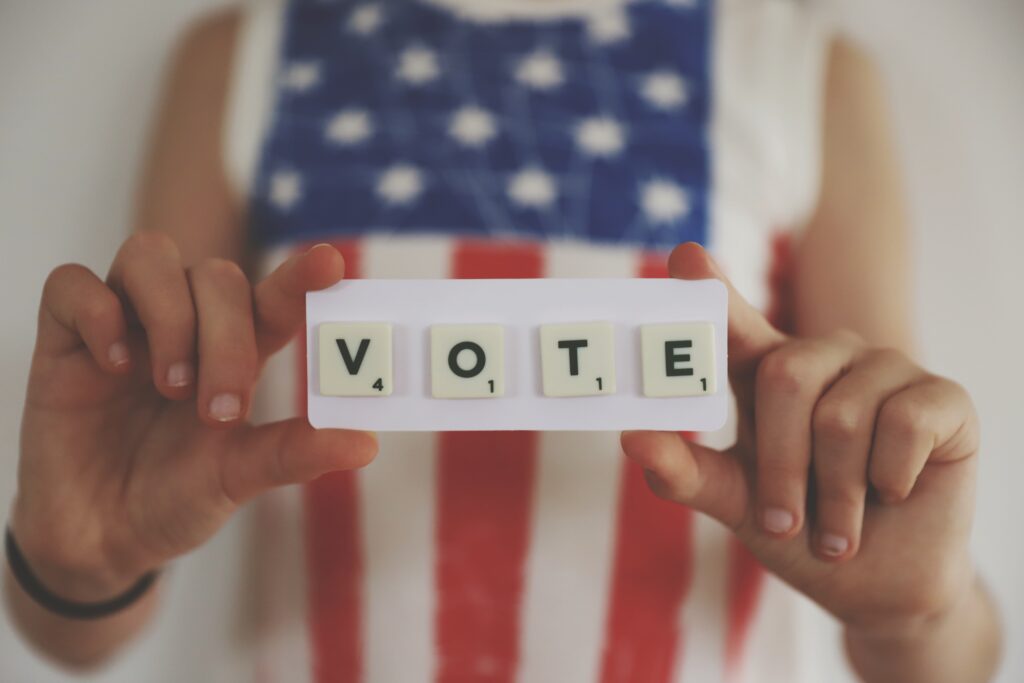Initiative 1639 – What You Need to Know

On November 6, 2018, the voters of the State of Washington passed Initiative 1639, a significant new gun control measure. This post will aim to explain the major parts of the initiative and its impact on current and future gun owners in this state. Most of the law takes effect on July 1, 2019 but one section does take effect on January 1, 2019 (explained below).
Initiative 1639: Enhanced Background Checks
Currently, background checks for firearm purchases work like this: when purchasing a long gun (rifle or shotgun), the background check is run through the FBI’s National Instant Criminal Background Check System (NICS) for a (sometimes) instant response. When the purchaser has a valid Washington state concealed pistol license and purchases a handgun, the background check again goes to NICS. When the purchaser does not have a concealed pistol license and purchases a handgun, the background check goes to the local sheriff’s office or police department.
As of July 1, 2019, Initiative1639 changes this by requiring that all “assault rifle” purchase background checks are run through the local sheriff or police department, rather than NICS. As of July 1, 2019, all handgun purchases will also go through the local sheriff or police department, regardless of whether the purchaser has a concealed pistol license (this is new, but is not tied to Initiative1639). There is no particular “enhancement” other than the change in which agency performs the background check.
The initiative does allow the state to create a statewide background check system so that all background checks go to a central state agency rather than the various local sheriffs and police departments, but setting up such a system will require further enactment by the Legislature or through another initiative.
Initiative1639 also requires law enforcement agencies to verify, on an annual basis, that a purchaser of a handgun or “assault rifle” is still eligible to possess a firearm under state or federal law. This is essentially an ongoing, yearly background check to make sure that no new events have occurred that would prohibit such a person from possessing a firearm. This will happen behind the scenes and will not involve the purchaser. If the background check turns up a prohibiting event, that information will be forwarded to the local sheriff or police department for further action.
Initiative 1639: Firearm Safety Course
As of July 1, 2019, a dealer may not sell an “assault rifle” until the purchaser provides proof that she or she has completed a firearm safety training program within the last five years. This training program must include instruction on basic firearm safety rules, how to store firearms as to prevent unauthorized use, suicide prevention, and state and federal firearm laws, including laws regarding firearm transfers. This class needs to be done every five years and must be sponsored by a law enforcement agency, college, a nationally recognized organization that customarily offers firearms training, or a firearms training school with certified instructors.
Registry
The initiative also creates a registry of “assault rifle” purchases to be maintained by the Department of Licensing. This already occurs for handgun purchases, and would function in the same way. The initiative also requires a warning on the purchase application to state that the presence of a firearm in the home has been associated with increased risk of death to self or others.
New Fee
To offset the administrative costs associated with Initiative1639, the Department of Licensing may require a dealer to charge a fee not to exceed $25 on each purchase of an “assault rifle.” The $25 may be increased in future years in accordance with the consumer price index.
Waiting Period
Initiative1639 imposes a mandatory ten business day waiting period between purchase and possession of an “assault rifle.”
Gun Storage
Initiative1639 requires gun owners to store their firearms in a certain manner if they know or reasonably should know that a prohibited person may gain access to the firearm. A prohibited person is a one that is prohibited by state or federal law from possessing a firearm. This may be due to some disqualifying event like a criminal conviction, or it may be due to the age of the person.
If a prohibited person gains access to an improperly stored firearm, the penalties depend on what that prohibited person does with the firearm. If the prohibited person causes personal injury or death with the firearm, the owner of the firearm may be charged with a class C felony. If the prohibited person causes the firearm to discharge, or carries/exhibits/displays the firearm in a public place in a manner that either manifests an intent to intimidate or warrants alarm, or uses the firearm in the commission of a crime, the gun owner may be charged with a gross misdemeanor.
These penalties do not apply if the firearm was in secure gun storage, or secured with a trigger lock or similar device designed to prevent the authorized use or discharge of the firearm. There are also exceptions for children/minors possessing a firearm with the permission of the child/minor’s parent or guardian and supervised by an adult. A gun owner may avoid prosecution if the prohibited person obtains and discharges the firearm in a lawful act or self-defense, or if the firearm was obtained as a result of unlawful entry, so long as the gun owner reports the break-in to law enforcement within five days of discovering the theft.
Initiative 1639: Notice Requirements
A dealer is required to offer to sell or give the purchaser of any firearm a secure gun storage device, or a trigger lock or similar device. The dealer must also post a sign inside the store that apprises patrons that they may face criminal prosecution if they do not store their firearms in a proper manner. The dealer must also deliver this warning in writing to every purchaser.
Age Restriction
As of January 1, 2019 (this is the only section that goes into effect in January 2019 instead of July), a person under 21 years of age may not buy an “assault rifle” and a no one is allowed to sell or transfer an “assault rifle” to a person under 21. However, a person that is between 18 and 21 may possess an “assault rifle” in certain circumstances, such as in his or her place of abode or fixed place of business, on real property under his or her control, or for moving/travelling between a place of abode or fixed place of business or in order to sell or transfer the firearm.
Medical Waiver
Initiative1639 says that purchasing an “assault rifle” constitutes a waiver of confidentiality of health records for determining eligibility to purchase a firearm. This is intended to flag purchases made by those who are or were mentally ill. This is not really new, however, as this has applied to handgun purchases since 1994.
Definitions
“Secure gun storage” refers to a locked box, gun safe, or other secure locked storage space that is designed to prevent unauthorized use or discharge of a firearm AND the firearm must be unloaded.
“Assault rifle” means any rifle which utilizes a portion of the energy of a firing cartridge to extract the fired cartridge case and chamber the next round, and which requires a separate pull of the trigger to fire each cartridge.
If you have any questions about Initiative1639 give the professional attorneys at Kertchen Law a call.



